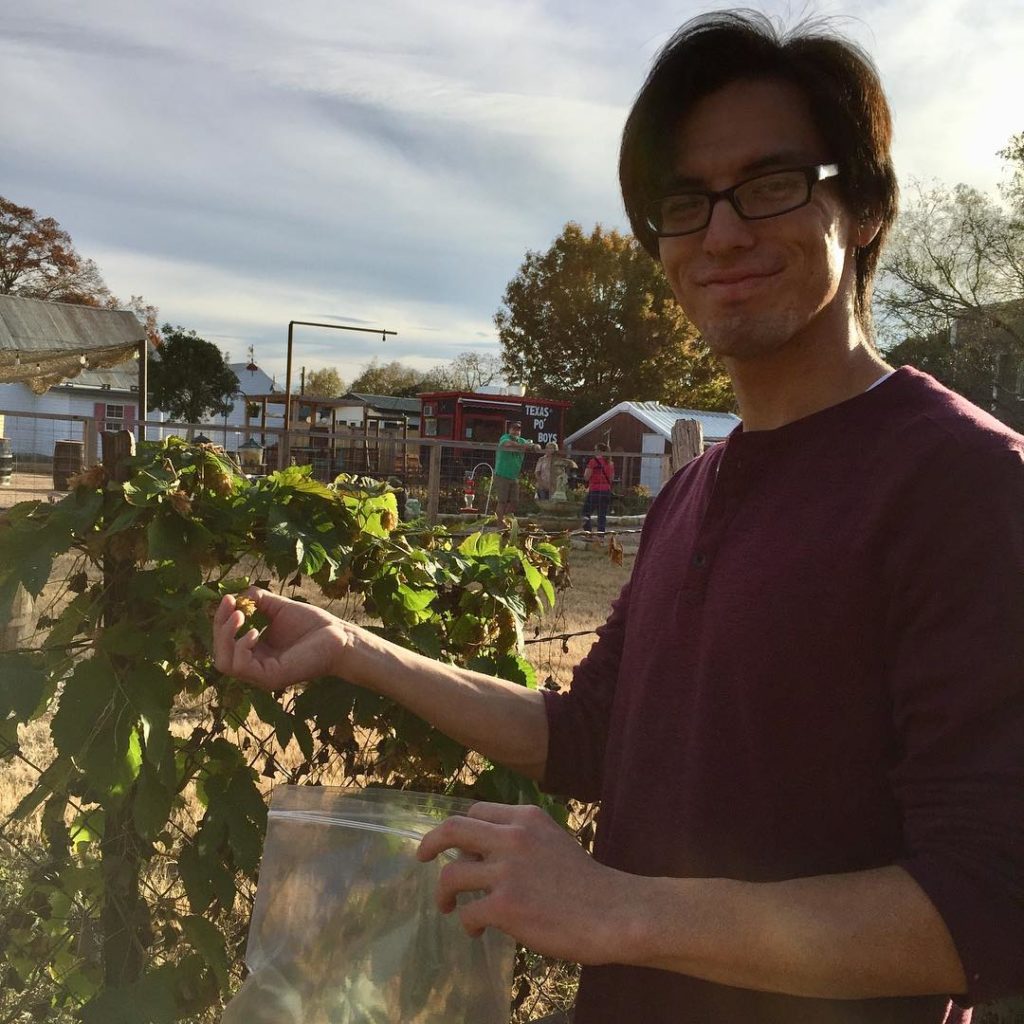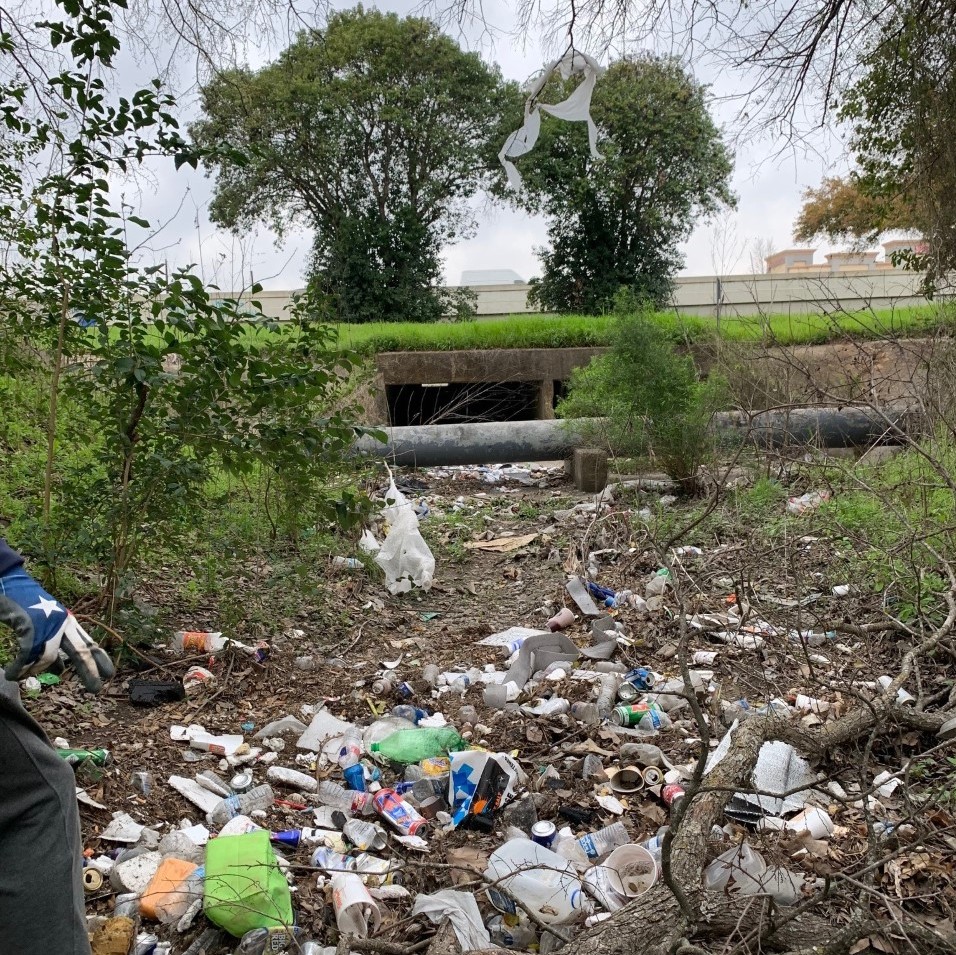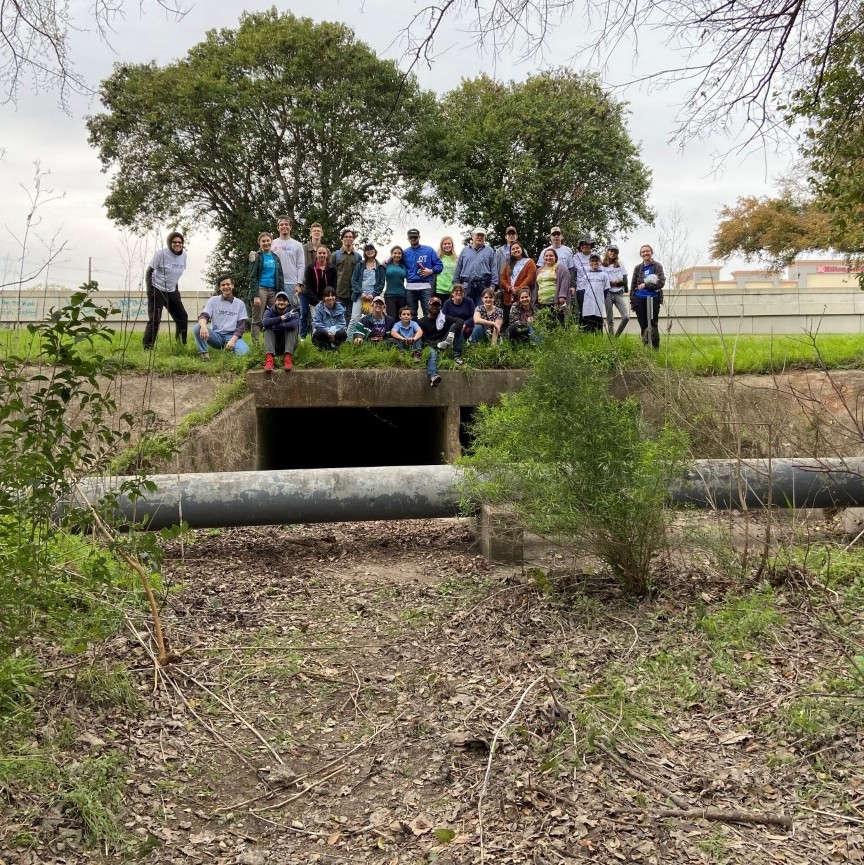George Parra Receives the Greehey Graduate Fellowship in Children’s Health

 George Parra, a second-year student in the Biochemical Mechanisms of Medicine discipline in the Integrated Biomedical Sciences program, has received the Greehey Graduate Fellowship in Children’s Health.
George Parra, a second-year student in the Biochemical Mechanisms of Medicine discipline in the Integrated Biomedical Sciences program, has received the Greehey Graduate Fellowship in Children’s Health.
The Greehey Graduate Fellowship Award in Children’s Health was established by the Greehey family to support students who wish to pursue graduate scientific studies in children’s health sciences especially children’s cancer. This award helps to assist a student’s research by providing a doctoral student stipend for one full academic year plus payment for tuition and fees.
He is in the lab of Dr. David Libich where he is working on research related to Ewing Sarcoma, a cancer of bone and soft tissue, often affecting the legs, pelvis, ribs, arms, or spine of children and young adults.
Parra explained that although the survival rate of Ewing Sarcoma is around 70 percent, the cases of relapse or metastasis drops the survival rate to 30 percent this since the tumors are highly refractory to therapy.
 “There is an urgent need for the development of novel, targeted therapeutic approaches for these cases,” he said.
“There is an urgent need for the development of novel, targeted therapeutic approaches for these cases,” he said.
Specifically, Parra has been looking at fusion proteins which he believes are ideal drug targets due to their tumor specific expression. He is using a unique combination of proximity labeling techniques, mass spectrometry, and data analysis methods to identify the interactome of the fusion protein EWS-FLI1. He then uses nuclear magnetic resonance to identify structural interfaces that could be targeted to disrupt its aberrant interactions.
“The importance is that our approach will drive forward the identification and development of new targeted treatments in Ewing Sarcoma, as well as be broadly applicable to other fusion-driven pediatric cancers,” he said.
His passion for working on pediatric cancer developed during his master’s degree where he worked in a lab studied intrinsically disordered proteins to obtain quantitative description of its unfolded protein behaviors.
“Our model was the tumor suppressor protein p53. Though I was and still am very focused on questions related to protein folding and dynamics,” he explained, “it was while reading for and working on my thesis that I became interested in how the nature of disordered proteins affects cancer.”
Parra intends to continue studying structural approaches to address issues in pediatric cancers.
“The Greehey Graduate Fellowship in Children’s Health means so much to me. This award will provide me with a foundation that will enable me to pursue the research interests I stated above as well as develop a professional network within the pediatric cancer community,” he said. “I will benefit from the influence of these connections to realize my goal of developing a research program focused on using structural approaches to address significant questions in the development of novel therapeutic strategies for pediatric cancers.”
Outside of school, he enjoys participating in science outreach opportunities such as science fairs, or science demonstration and teaching events. He also enjoys participating in community service events such as the Great Texas River Cleanup and Texas Stream Team where he helps to test and track water quality of natural water sources.

Before

After
